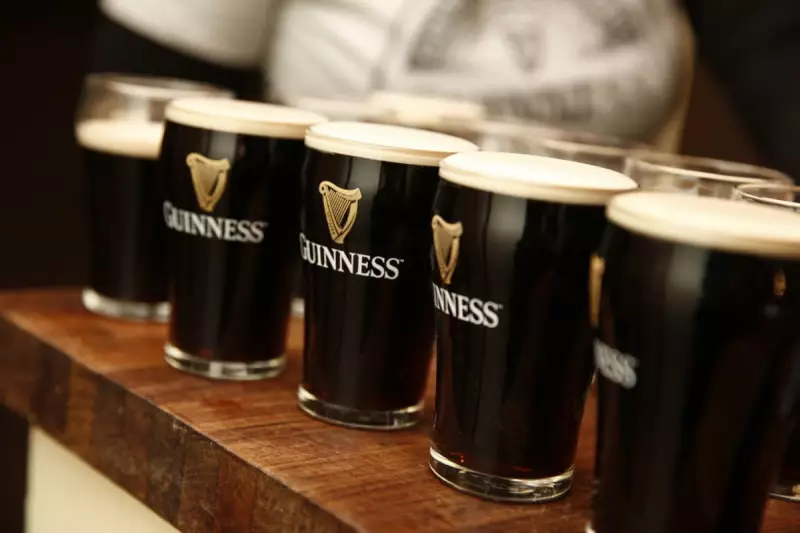
The Guinness Paradox: How Viral Fame Created a Pub Crisis
What should have been a triumphant revival story for British pubs has instead become a tale of unsustainable success. Guinness, once considered an old man's drink, has been transformed by Generation Z into the nation's most photographed pint. The distinctive creamy dome and slow-setting body now feature prominently across TikTok feeds and celebrity Instagram posts, from Kim Kardashian to the Princess of Wales.
The cultural renaissance saw Guinness overtake Carling in 2022 to become the bestselling beer in British pubs, now accounting for one in every nine pints poured across the UK. Yet behind the aesthetic pours and viral "perfect pint" hunts lies an uncomfortable reality: the very popularity that revived Guinness is making it increasingly unaffordable for both pubs and drinkers.
The Profitability Problem Facing Pubs
While customers might assume Guinness's popularity translates to healthy profits for publicans, the opposite is true. Publicans report that Guinness has become "the lowest percentage margin product in most pubs' range" according to industry figures speaking to The Times.
The numbers reveal the stark reality: an 88-pint keg of Guinness now costs between £150 and £155, while the equivalent Murphy's keg costs £130 to £135 - representing roughly a 20% saving for struggling pub operators. The irony is palpable - pubs cannot easily remove Guinness from their offerings because it drives footfall, yet serving it damages their bottom line.
This economic bind has pushed some London pubs to charge between £7 and £8 for a pint of Guinness, with the national average sitting between £5.13 and £5.75 depending on the venue. The drink that symbolizes Gen Z's drinking culture has become a prime example of the cost-of-drinking crisis.
Murphy's Seizes the Opportunity
Heineken-owned Murphy's has capitalised on Guinness's pricing vulnerability and a nationwide shortage that occurred in late 2024 and early 2025. According to Heineken sales director Will Rice, "hundreds of new pubs" began stocking Murphy's during the shortage, with the number rising to 1,550 outlets by November 2025.
James Nye, managing director of Anglian Country Inns, summarised the frustration many publicans feel: "Guinness keeps putting price increase after price increase through," adding that the brand is "outpricing themselves in the market."
Murphy's, founded in 1856 and bought by Heineken in 1983, offers pubs a classic Irish stout similar enough in flavour and appearance to satisfy casual drinkers, but with significantly better profit margins during a time of soaring energy costs and labour bills.
The 60/40 Pint and Changing Drinking Habits
The emergence of the 60/40 Guinness - a blend of 60% Guinness 0.0 and 40% regular Guinness that drops the ABV from 4.2% to roughly 1.7% - highlights broader shifts in British drinking culture. While traditionalists dismissed it as "illegal" and "a load of nonsense," the hybrid pour reflects a genuine move toward moderation.
Forty-four percent of UK adults now choose no-and-low alcohol options, up from 31% in 2018. This creates another contradiction: Gen Z has turned stout into a cultural obsession while simultaneously driving trends toward drinking less alcohol overall.
The tensions extend beyond price points. Traditional drinkers increasingly resent that younger generations' glossy Guinness worship has transformed a simple pub order into a performance, driving up demand and contributing to shortages.
Meanwhile, Diageo, the drinks giant behind Guinness, faces its own challenges. The company's share price has fallen by more than 25% in a year, prompting the appointment of former Tesco boss Sir Dave Lewis to spearhead a turnaround, with the stout's runaway success becoming increasingly crucial to the company's stability.
The real question facing Britain's pub industry isn't whether Murphy's can dethrone Guinness, but whether any pub can afford to keep pouring the pint that Gen Z turned into a phenomenon. If even Guinness feels the squeeze, the future of the British pint may be entering its most precarious era yet.





